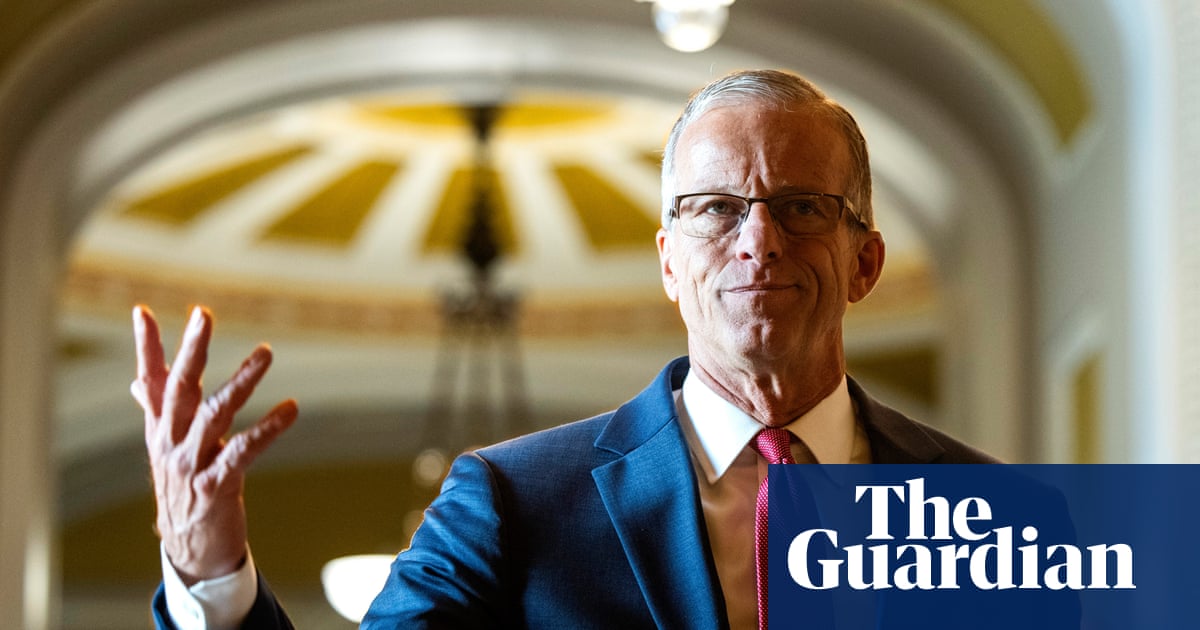Senate Republicans Advance Rescissions Bill at Trump’s Request
On a pivotal Wednesday, Senate Republicans achieved a major legislative milestone by passing a bill that embodies a key demand from former President Donald Trump. This legislation aims to claw back a substantial $9 billion previously allocated for foreign aid programs and public broadcasting. With the White House implementing significant slashes to government funding, the bill has emerged as a focal point of debate among lawmakers.
The Rescissions Package: A Brief Overview
The legislative package, known as a rescissions bill, was approved narrowly with a vote of 51 to 48. Notably, all Democrats opposed the bill, joined by two Republicans, Lisa Murkowski of Alaska and Susan Collins of Maine. Senate Majority Leader John Thune characterized the measure as a small yet critical step towards "fiscal sanity," emphasizing the need to curb government spending.
Implications of Cutting Public Broadcasting and Foreign Assistance
Among the most significant cuts included in the bill is the cancellation of $1.1 billion budgeted for the Corporation for Public Broadcasting, which finances major public media entities like NPR and PBS. The package also seeks to withdraw around $8 billion intended for foreign assistance programs. This aligns with the broader sentiment of Trump’s administration, which has expressed skepticism towards both public broadcasting initiatives and foreign aid expenditures.
Controversy Among Senators
Despite the apparent Republican consensus, not all party members were on board with the drastic cuts. Senator Thune notably agreed to preserve $400 million for PEPFAR, a program founded in 2003 under George W. Bush’s presidency, credited with saving millions from HIV. His support for this funding underscores a lingering acknowledgment among some Republicans of the importance of certain aid programs.
Arguments for and Against the Cuts
Thune framed the rescissions package as "commonsense legislation" targeting "waste, fraud, and abuse" in government spending—rhetoric that has become a staple for Republicans since Trump took office. He argued that the current spending trajectory presents a serious concern and that targeting specific expenditures is a necessary response.
Conversely, Senator Murkowski articulated her reservations about dismantling essential services like the Corporation for Public Broadcasting. She voiced skepticism regarding the administration’s assurances about the continuity of assistance for global health challenges, such as malaria and polio. Murkowski emphasized Congress’s responsibility to assert its role in determining federal expenditures, warning against hasty cuts that could undermine crucial programs.
The Legislative Process and Its Challenges
The bill now heads back to the House of Representatives for its final approval, with a looming Friday deadline for Republicans to pass it. Failure to do so would compel the Trump administration to allocate the funds as initially approved by Congress. Historically, standalone rescissions packages have been rare, as lawmakers are often hesitant to relinquish their constitutionally mandated spending authority.
Democrat Response: A Critique of Republican Tactics
Democrats found themselves with limited options to thwart the bill. While they typically utilize the Senate filibuster to block most legislation, the peculiar nature of rescissions packages allows them to pass with a simple majority. Senate Minority Leader Chuck Schumer expressed strong condemnation of the legislation, framing it as an early sign of Trump’s intent to weaken essential government services. He accused Republicans of surrendering their legislative oversight, labeling the bill’s passage as an emblem of their commitment to indiscriminately cut spending.
In a heated statement, Schumer asserted, “Today, Senate Republicans turn this chamber into a subservient rubber stamp for the executive, at the behest of Donald Trump.” This characterization captures the intense partisan divide and the broader implications of the bill navigating through Congress.
This legislative action reflects not only the Republican agenda under Trump’s influence but highlights the ongoing struggle within federal governance over fiscal responsibility and the prioritization of public services.


